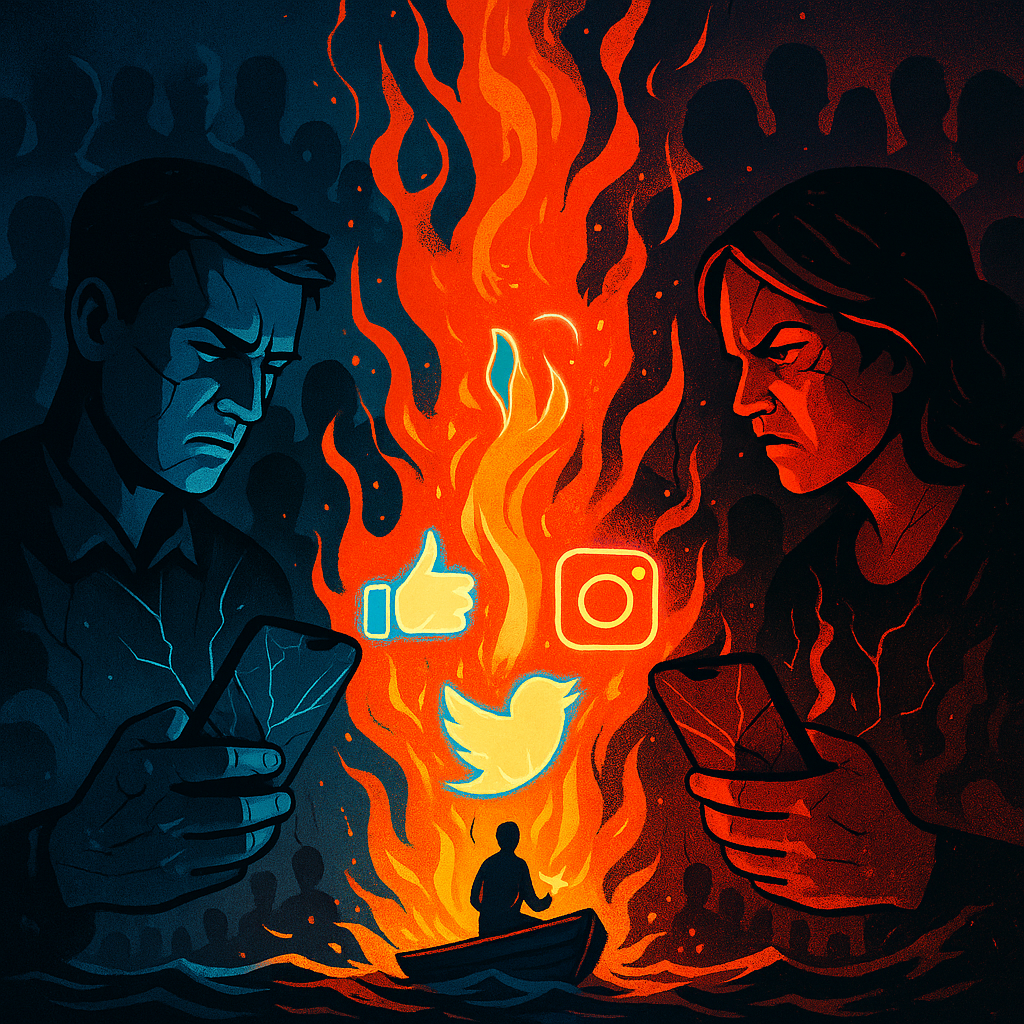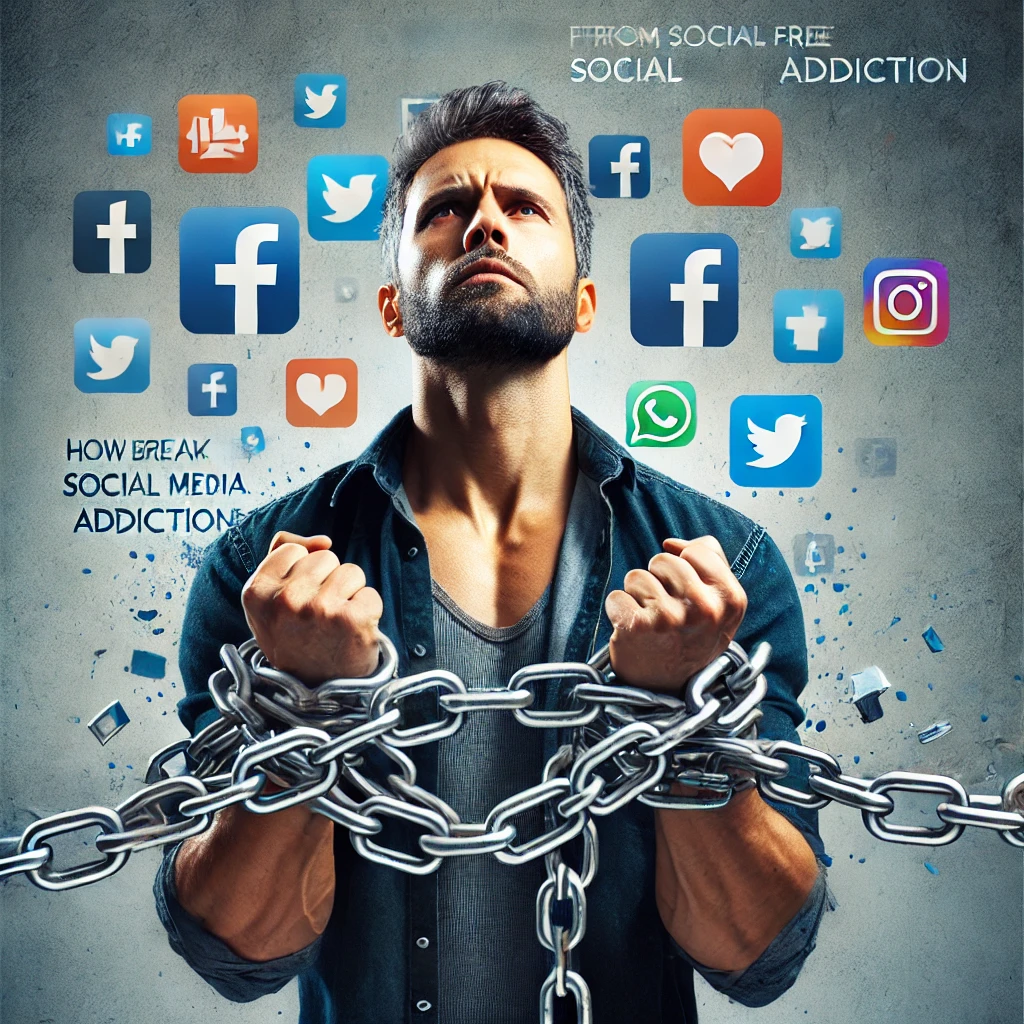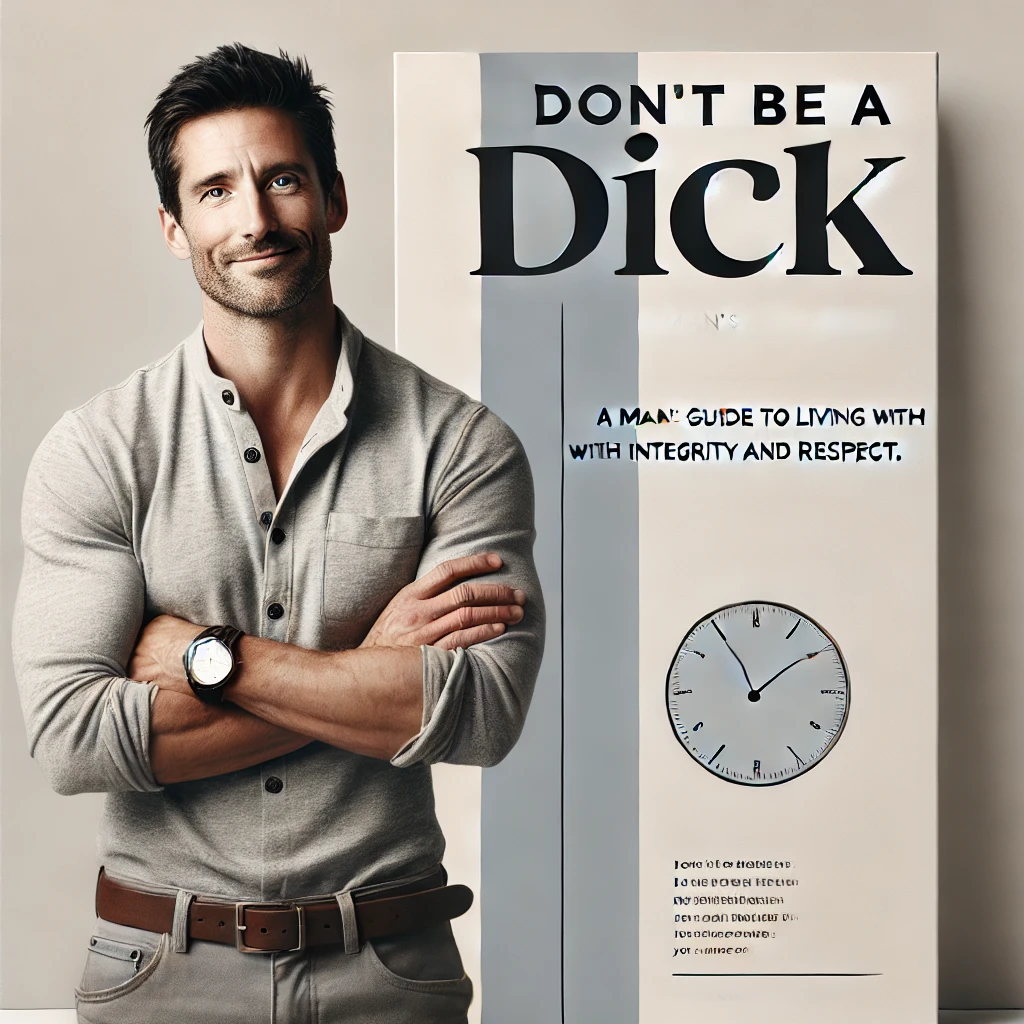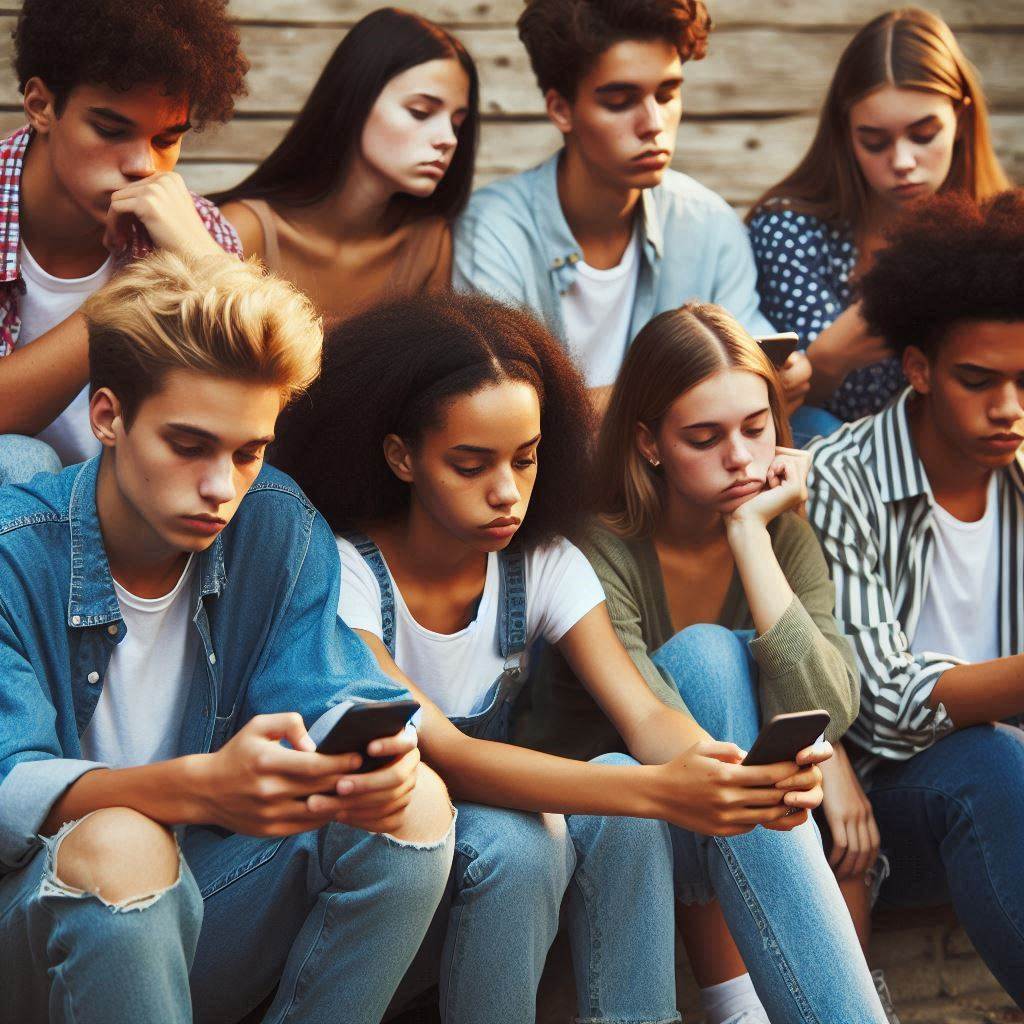The Fall of Western Civilization: Social Media’s Role in Western Society’s Decline.
Social media has become an integral part of our daily lives, profoundly impacting how we communicate, share information, and perceive the world. Platforms like Facebook, Twitter, Instagram, and TikTok have connected billions of people, enabling unprecedented levels of interaction. However, as social media has woven itself into the fabric of Western civilization, it has also played a significant role in its unraveling. From deepening societal divisions to spreading misinformation and fostering online harassment, social media has broken many aspects of our social and cultural landscape. In this post, we’ll examine how this happened and explore practical solutions for repairing the damage.
The Breakdown of Western Civilization by Social Media
1. Polarization: The Divisive Power of Echo Chambers
Social media has amplified political and social polarization to alarming levels. Platforms designed to keep users engaged often do so by promoting content that triggers strong emotional responses. As a result, users are increasingly exposed to extreme viewpoints, reinforcing their existing beliefs and creating “echo chambers.”
Research from the Pew Research Center shows that social media users are more likely to encounter political content that aligns with their views, leading to more entrenched and extreme positions. This digital polarization has fragmented society, making civil discourse and mutual understanding rare commodities .
2. Misinformation: The Erosion of Trust
Misinformation is another critical factor in the breakdown of Western civilization, and social media is its primary vehicle. A study published in Science found that false news spreads faster and more broadly on social media than the truth, largely because it is more novel and emotionally engaging . This widespread dissemination of false information has eroded public trust in institutions, undermined public health initiatives, and influenced political outcomes.
The rapid spread of misinformation has contributed to a “post-truth” environment where objective facts are overshadowed by emotion-driven narratives, further destabilizing the foundations of informed citizenship and democracy.
3. Online Harassment: The Decline of Civility
The rise of online harassment has further degraded the social fabric of Western civilization. Social media platforms, by offering anonymity and distance, have made it easier for individuals to engage in abusive behavior without fear of immediate consequences. This toxic environment has led to widespread harassment, particularly targeting women, minorities, and marginalized groups.
According to a report by the Pew Research Center, 41% of Americans have experienced some form of online harassment, with 18% facing severe harassment, such as physical threats or sustained abuse . This decline in civility discourages meaningful participation in online discussions, narrowing the diversity of voices in the digital public sphere and contributing to further societal breakdown.
How to Fix It: Solutions for a Healthier Digital Future
The damage done by social media to Western civilization is significant, but it is not irreversible. By taking action at individual, policy, and corporate levels, we can begin to repair the cracks in our digital society.
1. Promote Media Literacy: Empowering Informed Citizens
One of the most effective ways to combat misinformation and polarization is through widespread media literacy education. By teaching individuals how to critically evaluate information, recognize bias, and identify credible sources, we can empower them to navigate the digital landscape more effectively.
Organizations like the News Literacy Project offer valuable resources and training to help people discern fact from fiction online . Expanding media literacy initiatives across educational institutions and communities is crucial for rebuilding an informed and engaged citizenry.
2. Regulate Social Media Algorithms: Ensuring Transparency and Accountability
Policymakers must step in to regulate social media algorithms that prioritize engagement at the cost of societal well-being. By requiring platforms to disclose how their algorithms work and allowing for independent audits, we can ensure that these algorithms do not disproportionately amplify harmful or divisive content.
The European Union’s Digital Services Act (DSA) is a promising example of legislation aimed at increasing the accountability of online platforms. Similar regulations in other regions could help mitigate the negative impact of algorithm-driven polarization and misinformation .
3. Hold Social Media Platforms Accountable: Creating Safer Online Spaces
Technology companies have a responsibility to create safer and more respectful online environments. This can be achieved through better content moderation, stricter enforcement of community guidelines, and the development of tools to detect and mitigate harmful behavior.
Twitter, for example, has experimented with features designed to reduce the spread of misleading information and limit the visibility of potentially harmful content . Expanding and refining these approaches could significantly reduce online harassment and misinformation, helping to restore civility in digital spaces.
4. Empower Users: Taking Control of the Digital Experience
Individuals can also take steps to improve their social media experiences and contribute to a healthier digital environment. This includes curating their feeds to include diverse perspectives, using tools to limit exposure to harmful content, and taking regular breaks from social media to reduce stress and anxiety.
Initiatives like the Center for Humane Technology offer resources for those looking to reduce the negative impact of social media on their lives and promote a more balanced approach to digital consumption .
Rebuilding What Social Media Broke
Social media has undeniably broken many aspects of Western civilization, but it has also provided the tools to rebuild. By promoting media literacy, regulating algorithms, holding platforms accountable, and empowering users, we can begin to mend the fractures in our society. The future of our digital world depends on our collective action, and the time to act is now.
References:
- Pew Research Center. “The Political Environment on Social Media.” Pew Research (Accessed 9/2024).
- Pew Research Center. “The State of Online Harassment.” Pew Research (Accessed 9/2024).
- News Literacy Project. News Literacy (Accessed 9/2024).
- European Union. “Digital Services Act.” EU (Accessed 9/2024).
- Twitter Transparency Report. “Building a safer Twitter.” Twitter (Accessed 9/2024).
- Center for Humane Technology. Humane Tech (Accessed 9/2024).
By addressing the root causes of the issues we’ve discussed, we can work towards a more constructive and less divisive digital landscape. The challenge is immense, but so is the potential for positive change. Let’s take the first step towards fixing what social media has broken.





